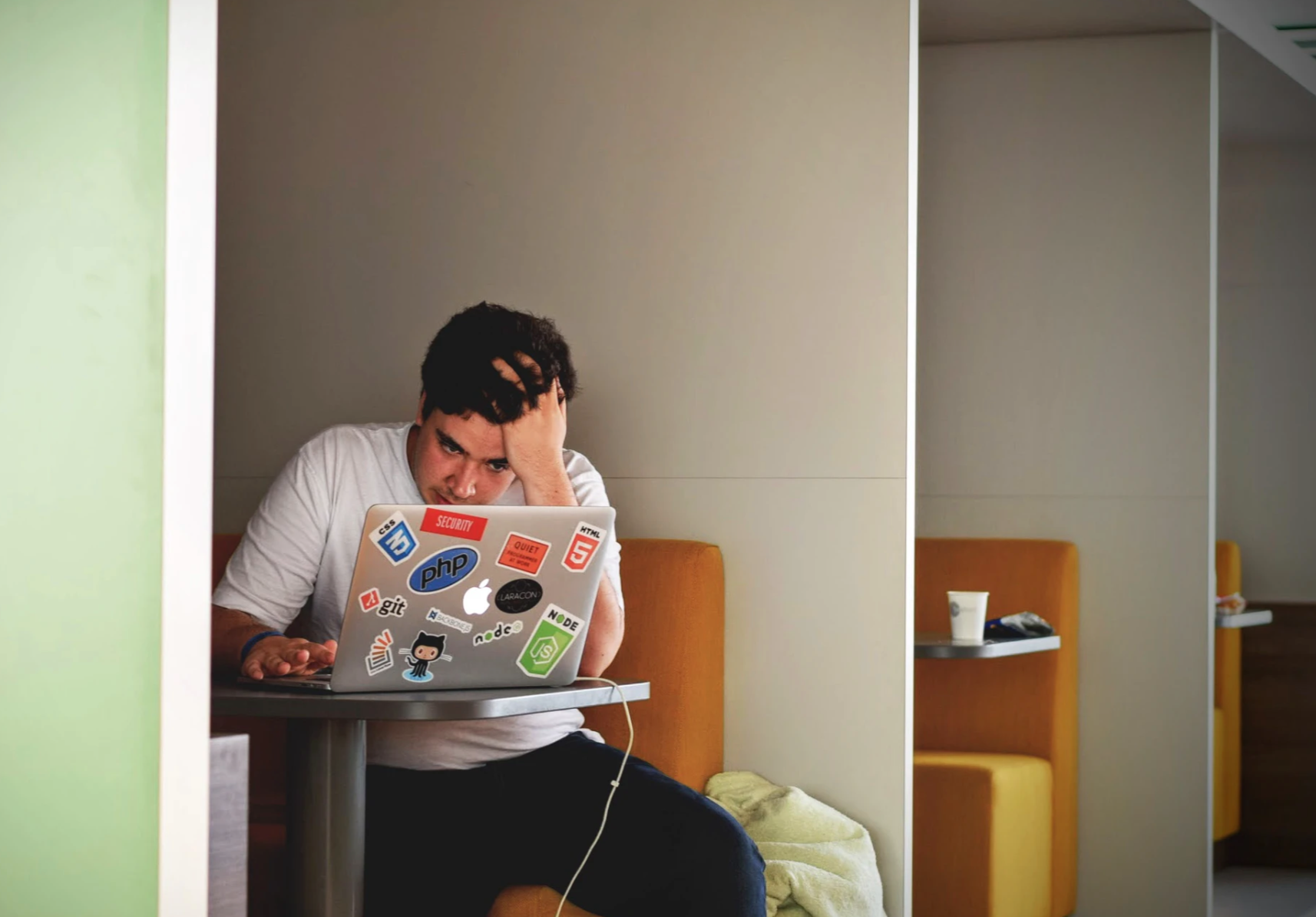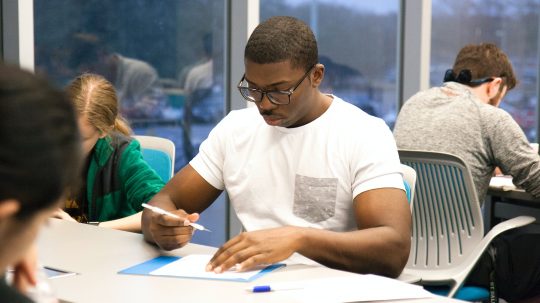While politicians say draconian and sweeping measures are designed to save lives during the Covid-19 pandemic, a myopic and generalised approach risks worsening the physical and mental well-being of students in the UK, writes Nadine Batchelor-Hunt.
Across the UK, students are being told to stay in their halls, forbidden to leave, due to Covid-19 outbreaks. There are reports of students begging for food, or being told to wash their clothes in sinks – and one university has even suggested that students broke the law by putting signs in their windows criticising the government. When it comes to basic human rights, questions remain around whether it is in fact legal – or ethical – to turn student halls effectively into prisons. (Indeed, one law firm has said that student hall residents “may be entitled to claim damages for false imprisonment”.)
All the while, the welfare of these students has been completely glazed over. There has been little discussion as to what the mental, physical, and economic toll of these measures on students will be. While the Prime Minister recently said he wanted to “pay a particular tribute” to students, his words are surely of little comfort to those stranded in university halls nationwide.

The welfare of students has been glazed over. Credit: Green Chameleon
Covid-19 crisis: Students ‘may be entitled to claim damages for false imprisonment’, says law firm
All of this comes for students as we enter the biggest recession on record, and following the results day chaos they experienced in August. Polls show that young people increasingly have very little hope for the future. As a society we know that mental illness among young people is of significant concern; it is suicide, not Covid-19, that is the biggest killer of young people. However, we have heard little about this issue – nor on the way it could be exacerbated by how students are being treated. Swathes of students, each with different needs, are being lumped in together without there appearing to be a thought for the consequences from our government.
Not only that, but questions remain over the legality of the actions of the universities and the government. It is unclear what legislation is being used to effectively detain these students within their halls. On a basic human rights level, we could be in very dangerous territory.
On a basic human rights level, we could be in very dangerous territory.
Nadine Batchelor-Hunt
Then, of course, is the fact that there has been little clarity on what the financial impact of all this will be on students. Many students were promised some face-to-face teaching if they returned to campus, leading some to make the decision to enter higher education this year despite the pandemic. In normal times, this would be a terrible way to treat students but amid Covid-19 crisis it’s even more egregious. Rightly, calls are growing for students to have their fees refunded.

There is little clarity on what the financial impact on students will be. Credit: Pexels/RF._.studio
The wanton disregard for the well-being and the futures of students must end. Students are human beings with needs – but little attention is being paid to the detrimental impact these measures may have on them. Instead, there is a narrow focus on the virus above all else.
‘The well-being of students cannot be sidelined in this pandemic’
This short-sightedness could be dangerous. Recently published data shows that there was an estimated 350,000 fewer cancer referrals between April and August when compared with previous years, while approximately one million breast cancer screenings have been missed. Alarmingly, more than 10,000 excess deaths have been recorded in private homes since mid-June, amid fears that people are avoiding hospitals because of Covid-19.
For me, as these bleak statistics mount up, it’s becoming clear that a one-track minded approach to handling the Covid-19 pandemic could be disastrous when it comes to the mental and physical health of UK residents, including students, in the longer term.
That is why the well-being of students cannot be sidelined in this pandemic. What’s more, it is this generation of students that will shoulder some of the heaviest burdens of the recession on the horizon – as a nation, we owe them better, and they deserve better. Students should be treated with compassion and their lives valued, not treated with contempt or indifference.
The views expressed in this article are those of the author and do not necessarily reflect the views of EachOther.





